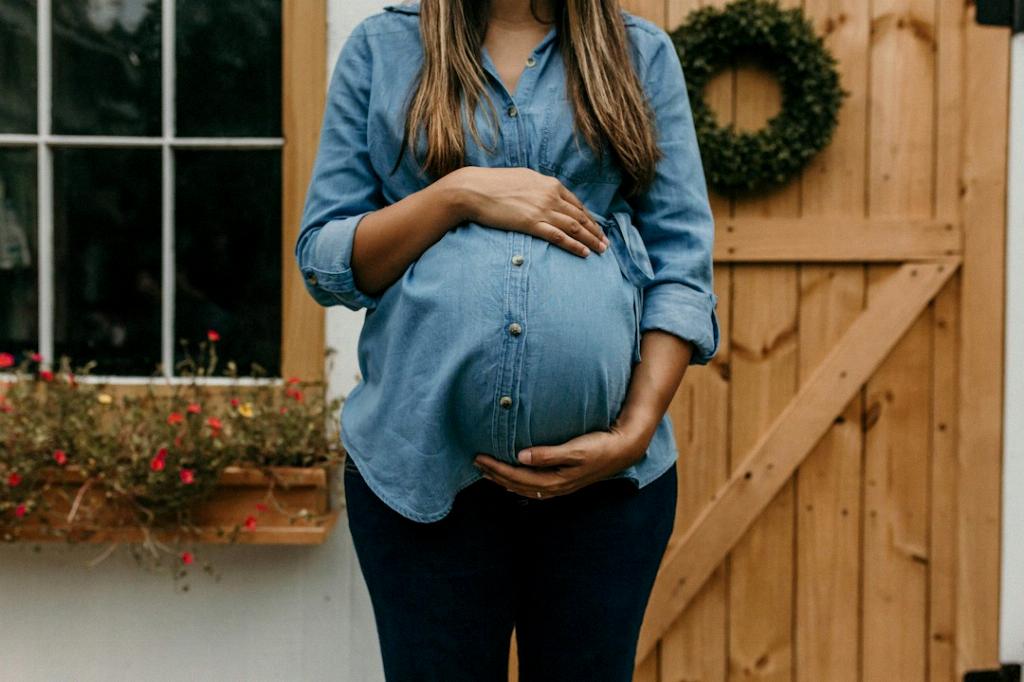When it comes to spotting before pregnancy, it is essential to distinguish between implantation bleeding and other types of bleeding that may occur during your menstrual cycle. Implantation bleeding is a common phenomenon that happens when a fertilized egg attaches itself to the uterine wall. This type of bleeding is typically very light and may be mistaken for a light period.
One of the key factors to consider when determining the duration of spotting before pregnancy is the timing of when implantation bleeding occurs. Implantation bleeding usually takes place around 6-12 days after conception, which aligns with the time when a woman would expect her period. This can make it challenging to differentiate between implantation bleeding and the start of a period.
Implantation bleeding is known to be short-lived, typically lasting anywhere from a few hours to a maximum of a few days. If the bleeding extends beyond this timeframe and becomes heavier, resembling a regular period, it is more likely to be menstruation rather than implantation bleeding. It is crucial to monitor the duration and intensity of the bleeding to determine its cause accurately.
While implantation bleeding is generally light in nature and doesn’t require medical intervention, it is essential to be aware of any unusual symptoms or prolonged bleeding. If the spotting before pregnancy persists for an extended period or is accompanied by severe cramping or other concerning symptoms, it is advisable to consult a healthcare provider for further evaluation.
Understanding the difference between implantation bleeding and other types of bleeding is crucial for women who are trying to conceive. Spotting before pregnancy, if indeed due to implantation, is a positive sign of early pregnancy. However, it is essential to manage expectations and seek medical advice if there are any uncertainties or concerns regarding the duration or nature of the bleeding.
Factors such as hormonal fluctuations, stress, underlying health conditions, or medication use can also impact the duration and intensity of spotting before pregnancy. It is essential to consider these factors and evaluate any changes in your menstrual cycle to determine the cause of the bleeding accurately.
Spotting before pregnancy can be a source of confusion and anxiety for many women, especially those actively trying to conceive. Keeping track of your menstrual cycle, noting any changes or irregularities, and being aware of the potential causes of spotting can help alleviate concerns and provide clarity during this critical time.
It is important to approach spotting before pregnancy with a balanced perspective and seek support or guidance from healthcare professionals if needed. Communication with your healthcare provider can help address any concerns, provide reassurance, and ensure that you receive appropriate care and advice based on your individual circumstances.
Overall, the duration of spotting before pregnancy can vary depending on the underlying cause and individual factors. By staying informed, monitoring changes in your body, and seeking guidance when necessary, you can navigate the complexities of spotting before pregnancy with confidence and peace of mind.
In conclusion, spotting before pregnancy, particularly implantation bleeding, is a natural occurrence that signifies the early stages of pregnancy for many women. Understanding the duration, characteristics, and potential causes of spotting can help you interpret these signs accurately and manage any uncertainties effectively as you embark on your journey towards conception.

